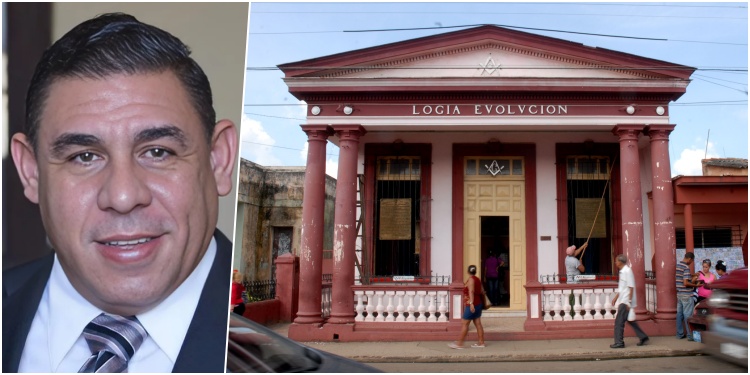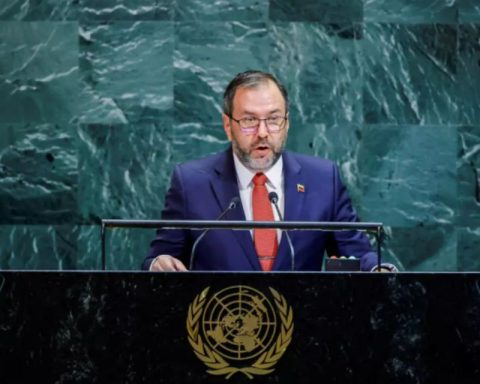Fernando Camacho and Enrique Mendez
The newspaper La Jornada
Wednesday, July 31, 2024, p. 7
The positions of the ministers of the Supreme Court of Justice of the Nation (SCJN) regarding the reform of the Judicial Branch continued to be divided, although Yasmín Esquivel Mossa and Juan Luis González Alcántara outlined, each with nuances, a proposal so that judges with a career in the judicial career can undergo a process of revocation of mandate
similar to that provided for the President of the Republic.
Participating in the seventh forum of the National Dialogues on the Reform of the Judicial Branch, in the Chamber of Deputies, Esquivel pointed out that We must consider a single transitional procedure for revocation of office
for the judges.
Thus, it would be allowed that both circuit magistrates and district judges in office participate in a national recall campaign within the electoral district in which they serve, so that their appointment is revoked if the majority so determines.
.
He also proposed that Those who are already working in the different jurisdictional bodies are allowed to access the popular election processes on a priority basis.
.
In a similar proposal, Judge Juan Luis González Alcántara stated that if the popular vote as a means of electing judges is a irreducible fact
the suffrage allow to evaluate the performance
of the judges.
Let’s use the ballot box to decide whether judges and magistrates have satisfactorily performed their work and should therefore remain in office or be removed.
said.
For his part, Jorge Mario Pardo Rebolledo expressed his disagreement with the election of judges by popular vote, considering that it has not been proven that this way ends corruption in the Judiciary.
Minister Lenia Batres argued in favor of the reform, recalling that in other historical moments the election of judges by popular vote was permitted, and insisted that there are high levels of nepotism in the Judiciary.
















